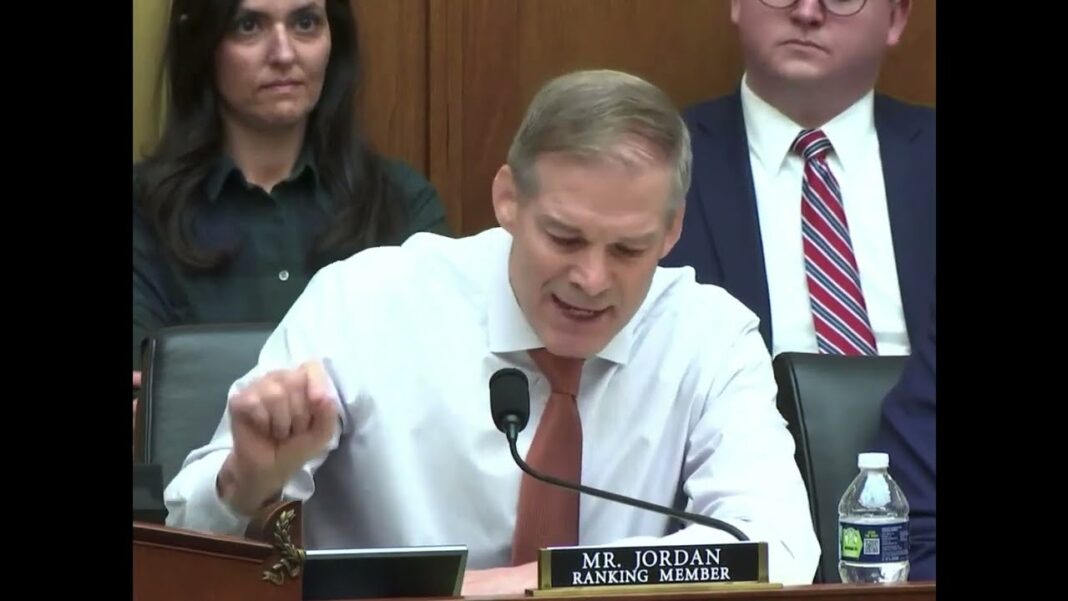An open-records request reveals that Texas Tech faculty penalize candidates for heterodox opinions.
At Texas Tech University, a candidate for a faculty job in the department of biological sciences was flagged by the department’s search committee for not knowing the difference between “equality” and “equity.” Another was flagged for his repeated use of the pronoun “he” when referring to professors. Still another was praised for having made a “land acknowledgment” during the interview process. A land acknowledgment is a statement noting that Native Americans once lived in what is now the United States.
Amidst the explosion of university diversity, equity and inclusion policies, Texas Tech’s biology department adopted its own DEI motion promising to “require and strongly weight a diversity statement from all candidates.” These short, written declarations are meant to summarize an academic job seeker’s past and potential contributions to DEI efforts on campus.
The biology department’s motion mandates that every search committee issue a report on its diversity statement evaluations. Through a Freedom of Information Act request, I have acquired the evaluations of more than a dozen job candidates.
To my knowledge, these documents—published in redacted form by the National Association of Scholars—are the first evaluations of prospective faculty DEI contributions to be made publicly available. They confirm what critics of DEI statements have long argued: That they inevitably act as ideological litmus tests.
One Texas Tech search committee penalized a candidate for espousing race-neutrality in teaching. The candidate “mentioned that DEI is not an issue because he respects his students and treats them equally,” the evaluation notes. “This indicates a lack of understanding of equity and inclusion issues.”
Another search committee flagged a candidate for failing to properly understand “the difference between equity and equality, even on re-direct,” noting that this suggests a “rather superficial understanding of DEI more generally.” This distinction arises frequently in DEI training, always as a markedly ideological talking point. According to the schema, equality means equal opportunity, but, to use the words of Vice President Kamala Harris, “Equitable treatment means we all end up in the same place.” Somehow, failing to explain that distinction reflects poorly on a biologist.






